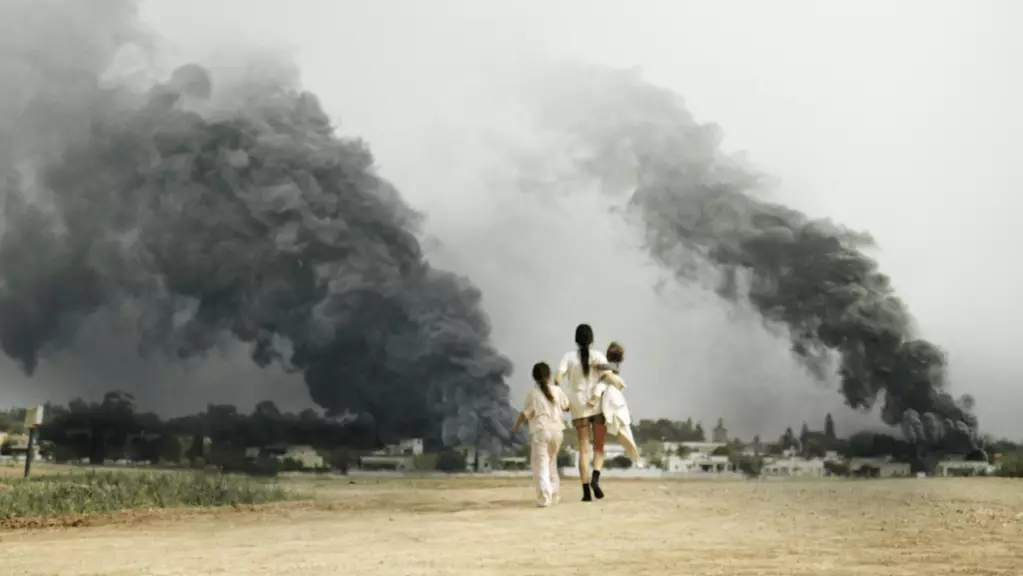In a world where sensationalism often dulls the impact of tragedy, the release of *Red Alert* stands out as a courageous attempt to confront one of the most devastating terrorist acts in recent history. Two years after Hamas’ brutal attack on Israel, this four-part series dares to depict the harrowing reality with unflinching honesty. Rather than offering superficial coverage or detached commentary, the series aims to immerse viewers into the raw emotional landscape of those directly affected. It’s a bold move that emphasizes the importance of storytelling rooted in authenticity, serving as a counterbalance to the often sanitized narratives surrounding terrorism.
The decision to produce and premiere *Red Alert* globally reflects a conscious effort to share vital stories of heroism and heartbreak across borders. Paramount+’s support indicates an understanding that such deeply personal accounts can foster empathy and understanding, even amidst a complex political context. By giving creators like Lior Chefetz space to craft a truthful and powerful narrative, the series challenges viewers to confront discomfort and acknowledge the human toll of violence. The focus on realism elevates *Red Alert* from mere entertainment to a meaningful dialogue about resilience, courage, and the capacity for compassion in the darkest moments.
Responsibility and the Power of Artistic Representation
The creators’ commitment to veracity underscores a broader debate within the film and television industry—the ethical responsibility to portray sensitive, real-life events with respect and accuracy. Paramount’s emphasis on artistic excellence and fidelity to the facts demonstrates that entertainment can serve as an educational and healing tool, not just escapism. It sends a clear message: storytelling is a powerful form of advocacy, capable of shaping perceptions and fostering solidarity.
However, the series’ release also invites scrutiny of the complex geopolitical tensions surrounding Israel and Palestine, and the risks such projects face amid calls for boycotts and censorship. Paramount’s stance against the boycott signifies a broader belief that art and storytelling should transcend political divisions, encouraging dialogue rather than division. The company’s support of *Red Alert* can be interpreted as an assertion of the importance of free expression—an act of defiance against efforts to silence or marginalize narratives that challenge particular agendas. This stance, while controversial to some, underscores the transformative potential of media to bridge divides and humanize distant conflicts.
Revisiting Trauma Without Exploitation
While *Red Alert* endeavors to memorialize the victims and honor their stories, it must contend with the fine line between respectful representation and exploitation. In depicting real trauma, creators bear the responsibility of sensitivity and integrity. Over-dramatization can diminish authentic experiences, while underplaying suffering risks trivializing the pain of those affected. Chefetz and his team appear conscious of this delicate balance, striving to craft a narrative that honors the collective trauma without sensationalism.
The series’ portrayal of heroism amid despair offers a crucial perspective—highlighting resilience and the indomitable human spirit. Such stories serve as beacons of hope, reminding viewers that even insurmountable tragedy can evoke acts of extraordinary bravery. *Red Alert* thus becomes more than a retelling of violence; it transforms into a meditation on endurance, community, and the potential for positive change in the aftermath of chaos.
In the end, *Red Alert* exemplifies the vital role of storytelling in confronting difficult truths. It challenges both creators and audiences to confront uncomfortable realities head-on, fostering empathy and understanding in an increasingly divided world.
